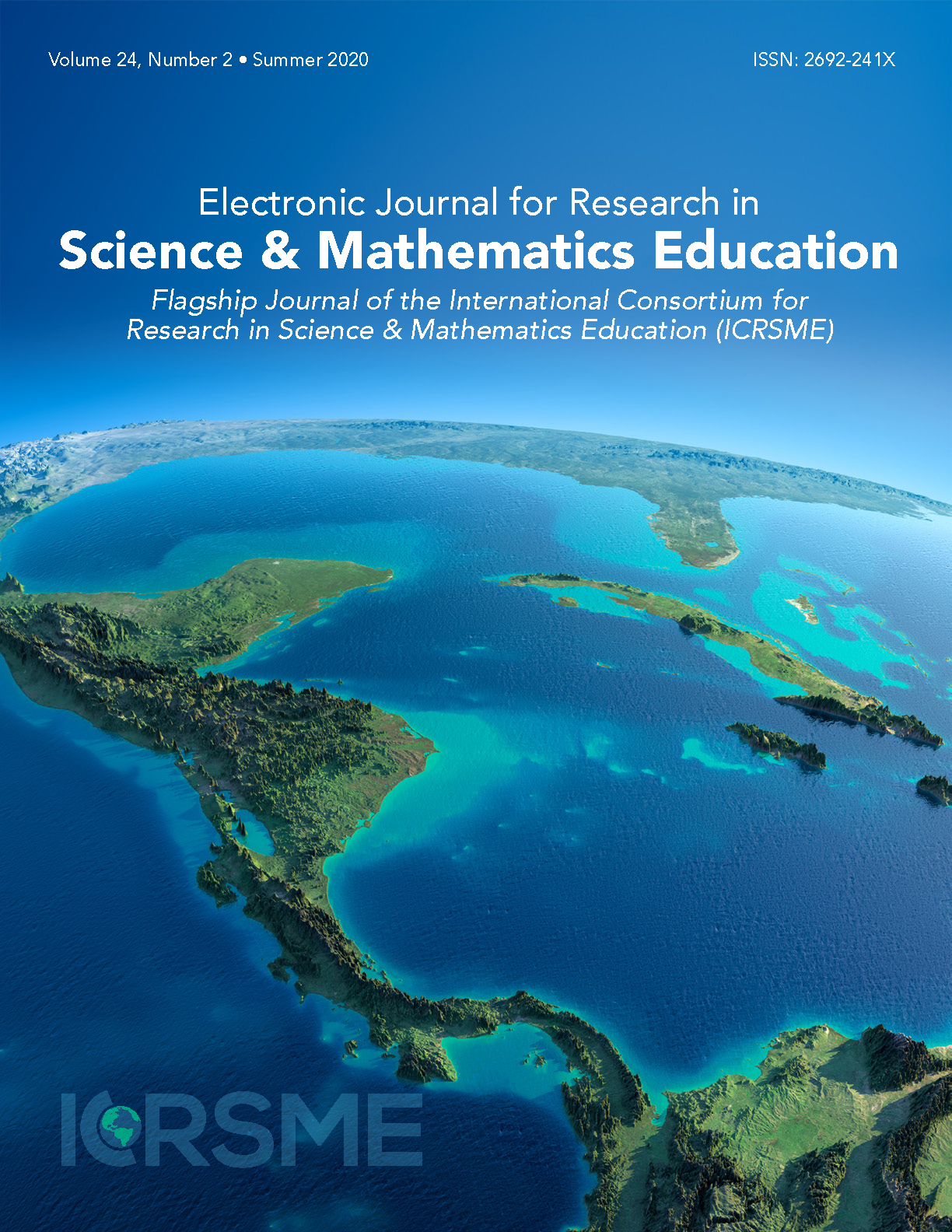Expectancy Value Theory as an Interpretive Lens to Describe Factors that Influence Computer Science Enrollments and Careers for Korean High School Students
Main Article Content
Abstract
To ensure a robust pipeline of computer scientists worldwide, male and female students must perceive computer science (CS) as a viable field of study and career. Using expectancy-value theory (EVT) as an interpretive framework, this paper reports on a descriptive case study conducted within a CS course in a private, international high school in South Korea to illuminate factors that influenced student (N=10) enrollment in the class and assessments of CS careers. EVT was chosen as a validated model to understand how students’ perceptions and choices influence the value and future participation in an activity (like CS). Data was collected from surveys, journal entries, essays, and class discussions over a ten-day unit exploring careers in CS. Data was coded using constructs of expectancy-value theory and informed themes for analysis. Factors that influenced sampled students to enroll in the high school CS class included interests in technology and society, perceived difficulty (challenge), interest in math and science, cultural influences, and wanting early exposure to CS content. Career aspirations in CS illustrated both desirable (i.e., broad applications of CS, positive societal impacts, leveraging creativity) and undesirable (i.e., high ability for CS, stifling of creativity) aspects of CS careers. Gender differences showed that only males (N=7) held negative views of creativity and females (N=3) made connections between CS content and other career fields. Half of the students (N=5) reported that learning about CS careers changed prior negative perceptions, suggesting CS career information is important for students to develop accurate value judgments of CS.
Article Details
© 2025 Electronic Journal for Research in Science & Mathematics Education (EJRSME)
